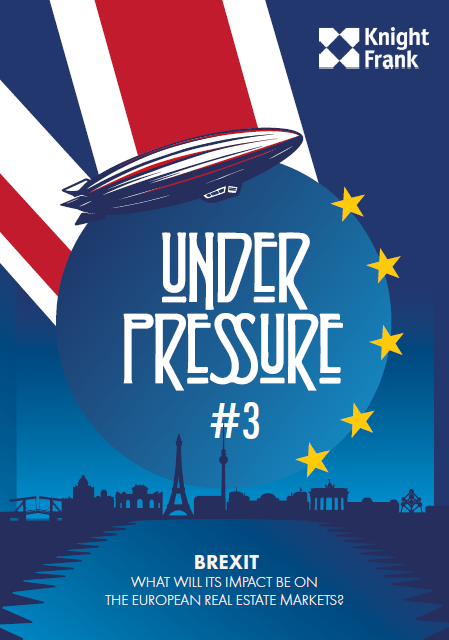The formalisation of Brexit, and the expected completion of the transition period, should result in the announcement of new movements and, above all, in the implementation of projects already initiated by companies to ensure their access to the common market.
Two of the trends seen last year should also be reaffirmed: the rising number of movements carried out by Fintechs, companies that combine finance and digital technology and to which we are devoting part of this study, and the high number of projects identified outside the finance sector (lawyers, audio-visual and pharmaceutical companies etc), illustrating the impact of Brexit on several sectors of the economy.
At first glance, the ranking of the cities attracting the most Brexit-related movements has changed little in one year.
Dublin remains firmly in first place, ahead of a quartet comprising Paris, Luxembourg, Amsterdam and Frankfurt.
However, two cities stand out for their growing popularity: Amsterdam, which has built its success on its ability to attract companies with a variety of profiles and is leaving Frankfurt behind more markedly, and above all Paris, which has caught up with Luxembourg and is therefore in second place behind Dublin. Although this breakthrough has resulted in new office space being let or purchased to house Brexit’s “exiles”, the increase in activity remains modest in terms of the Greater
Paris Region commercial real estate market as a whole. What will happen in the coming months? What are the trends in other European cities?
These are some of the topics addressed in this third edition of our “Under Pressure” report series, the content of which was produced in collaboration with Knight Frank’s international research teams and includes, for the first time, an analysis of Brexit’s impact on the luxury residential market. Regarding the design, it once again pays tribute to almost half a century of British music and popular culture.
